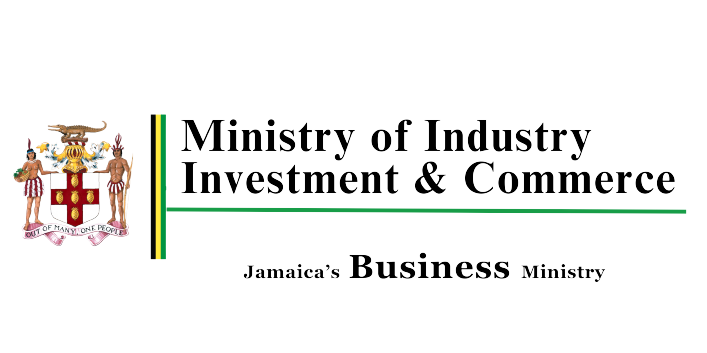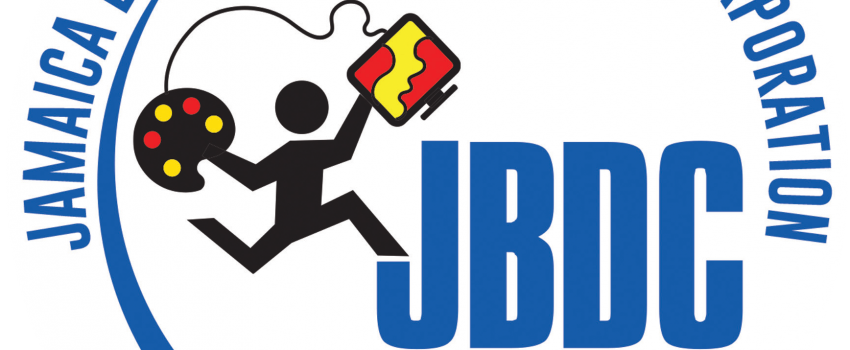JAMAICA Business Development Corporation (JBDC) is urging micro, small, and medium-sized enterprises (MSMEs) to prioritise well-researched product development for maximum profitability.
According to Keera Walters, assistant manager of the Business Advisory Services Unit at JBDC, there has been a trend of businesses emerging without proper research, and it is not exclusive to Jamaica. She highlighted that the risks associated with implementing ideas without considering crucial factors are many.
“What you find is that a person will get an idea and implement that idea in a vacuum. They go ahead, investing time, money, and sometimes even goodwill, calling on all resources, networks, and people who believe in them, without considering all the factors that could affect them,” Walters said in an interview with the Jamaica Observer.
She notes that without research there is a greater risk of failure due to a lack of understanding regarding the competitive market and industry conditions. In underscoring the importance of research in product development, Walters says that knowing exactly what the market lacks and understanding your customers’ needs is key to ensuring the type of product you develop, and therefore product development shouldn’t be based solely on personal thinking.
“Starting like that takes a high risk and a gamble,” according to Walters. “And while you might exceed, there is a bigger risk of failure. A lack of knowledge of the competitive market, the competitors in the race, and the condition of that industry or sector can impact performance.”
Although research might seem like a technical endeavour, Walters disagrees. She encourages entrepreneurs to conduct their research without the services of a research professional, as research involves gathering any relevant information.
“Sources could be your local newspapers because you are going to be exposed to business news and social happenings. You’re going to get information that could guide you about the economy and regulatory things,” Walters shared with the Business Observer.
She asserts that while people used to have to hire individuals for market research, technology has broken down those requirements and therefore businesses at different stages, even those not yet formalised and medium-sized businesses, should engage in research. With technology people can now go online and do a simple
Google search. Knowing what you are looking for can provide a wealth of information. Walters suggests looking at the social space, competition, and possibly technology that could also improve the business one currently has.
As it relates to the impact on the sustainability of the business she provided examples of the types of things to look out for, such as with a production-type business. Walters suggests looking at raw materials, questioning their sustainable source, the sustainability of existing methodologies, and their impact on the environment.
“People are becoming a lot more environmentally conscious; ask whether your consumers will care,” said Walters.
Walters also pointed out that many businesses sustain themselves, and revenues are coming in, but yet the company is not growing. She encourages businesses to look at the drivers for growth in the particular market they are involved in, and manipulate those factors in their business to create positive change.
Changing market demand is another area highlighted as one to keep a keen eye on, as the needs of consumers have significantly been affected by the COVID-19 pandemic. Walters notes two trends: some businesses that peaked during COVID-19 — like delivery service companies — have normalised and tapered off; and e-commerce spiked as businesses moved online. She advises businesses to target the virtual space rather than brick and mortar stores. In sharing an example, she mentioned a company that came to Jamaica and left after COVID-19 subdued, as the demand that encouraged them to enter wasn’t sustained.
“Sometimes we have to look at the trends that we’re observing and try to ask if this is sustainable outside of the current conditions,” she advised. “If I introduce a product or service,” she questions, “is my business solely dependent on this, or can I perhaps diversify or innovate to create different customers? Can I use the resources that I’m going to invest in this differently should demand fall off?”
She recommends looking at sustainable trends to tap into diverse ways to generate revenues. Research should be ongoing if the aim is to grow and continue to grow. Walters suggests that, though it depends on the nature of the industry, the patterns could be consistent, but some are more volatile, and it has to be constant.
“The need for research is ongoing,” she concludes. “So you’ll be looking at maybe data that is generated in the business because when you are operating you will be generating data that, a lot of the time, businesses don’t capitalise on the data that they generate because there are patterns,” she said.
Areas such as customer-buying needs and trends are a few that Walters stressed should be constantly analysed in businesses’ internal data, and this examination should be conducted every quarter to move up in the marketplace.









